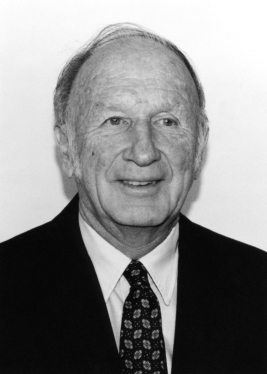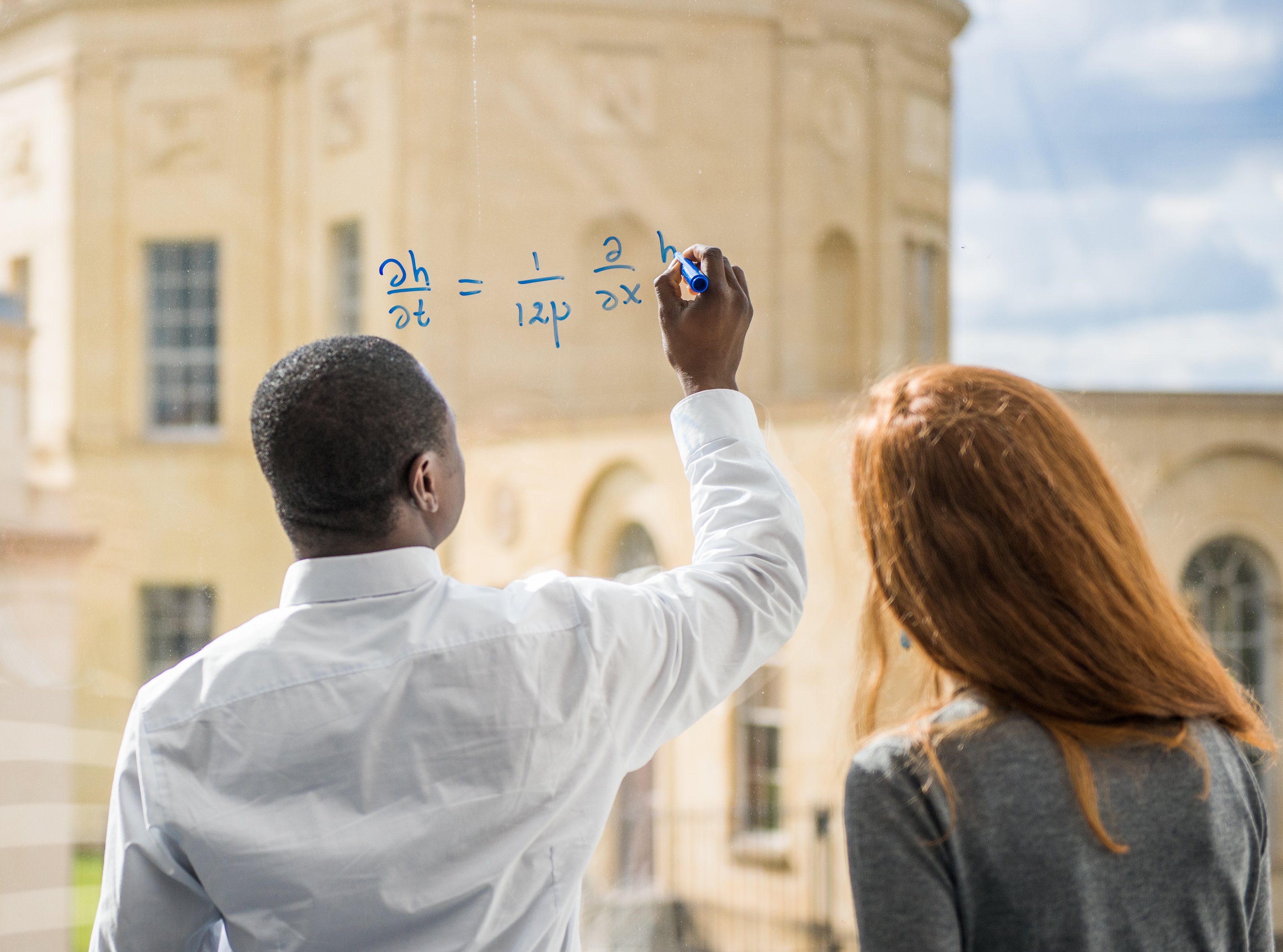14:30
Minimal tension holography from a String theory in twistor space
Abstract
Explicit examples of the AdS/CFT correspondence where both bulk and boundary theories are tractable are hard to come by, but the minimal tension string on AdS_3 x S^3 x T^4 is one notable example. In this paper, we discuss how one can construct sigma models on twistor space, with a particular focus on applying these techniques to the aforementioned string theory. We derive novel incidence relations, which allow us to understand to what extent the minimal tension string encodes information about the bulk. We identify vertex operators in terms of bulk twistor variables and a map from twistor space to spacetime is presented. We also demonstrate the presence of a partially broken global supersymmetry algebra in the minimal tension string and we argue that this implies that there exists an N=2 formulation of the theory. The implications of this are studied and we demonstrate the presence of an additional constraint on physical states. This is based on work with Ron Reid-edwards https://arxiv.org/abs/2411.08836.



